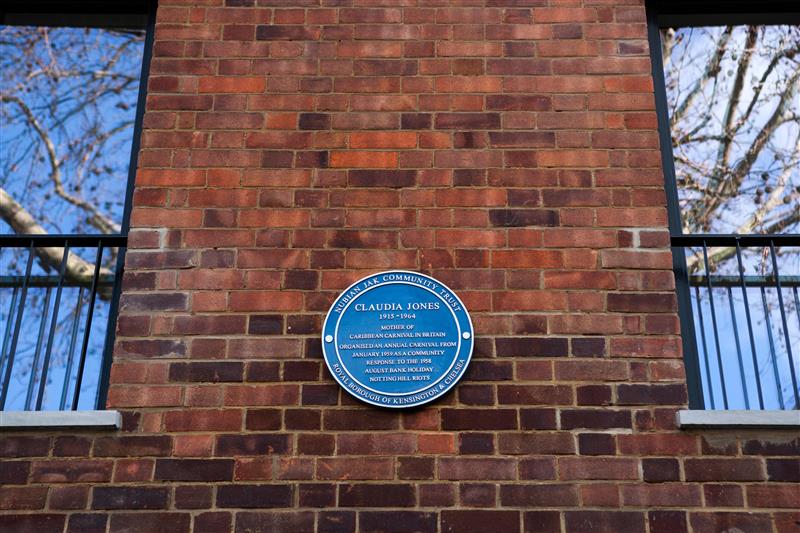Claudia Jones: journalist and political activist
2 min read
The philosopher Thomas Carlyle suggested history was best understood as the "biography of great men". The House disagrees — and has invited parliamentarians this Black History Month to spotlight inspirational Black women.
It is said that Africans have the most forgiving heart. I think this saying is born out of the necessity to survive, forgive, move forward and leave a legacy. So the woman I have chosen to celebrate is Claudia Jones, because her legacy has transcended generations and is a coming together of hearts and minds to bring joy out of injustice.
The Trinidadian-born journalist and political activist Claudia Jones is rightly celebrated as one of the central founders of the Notting Hill Carnival, which is now said to be the second-largest annual carnival in the world. She was raised in New York City, before coming to London in the 1950s.
In 1958, from a small office at 250 Brixton Road, she launched Britain’s first Black newspaper — the West Indian Gazette — which campaigned for an end to colonialism, a united West Indies and the fair treatment of Britain’s Black communities.
It is not by choice that a Black Woman has to be strong
Later that year, in response to a series of racist attacks in Notting Hill, she organised a carnival which took place in January 1959 at St Pancras Town Hall. It was sponsored by the West Indian gazette under the slogan: “A People’s art is the genesis of their freedom.”
It continues to celebrate the beauty of West Indian culture and heritage to this day — and is one of the dates I look out for in my diary every year.
This template inspired the founders of the Notting Hill Carnival, which first took over the streets of West London in 1964, the same year Jones died from a heart condition and tuberculosis brought on by a lung condition dating back to her time spent in an American jail. The civil rights leader, actor and singer Paul Robeson read the eulogy at her funeral and she is buried in Highgate Cemetery, next to Karl Marx.

It is often true that Black women are at the front of campaigns — especially those advocating for truth and justice. Some people refer to the trope of the “strong Black woman”: well, I say it is not by choice that a Black Woman has to be strong.
Dawn Butler is the Labour MP for Brent Central
